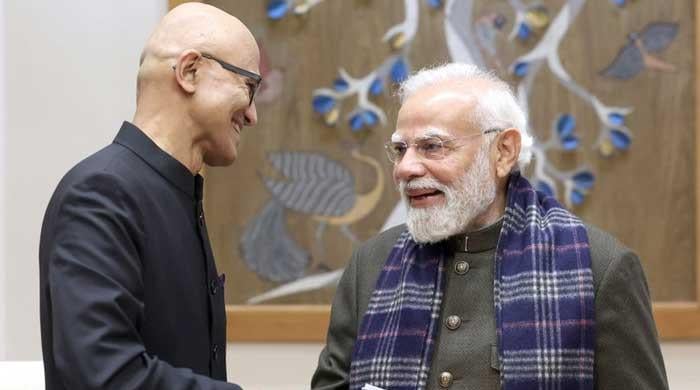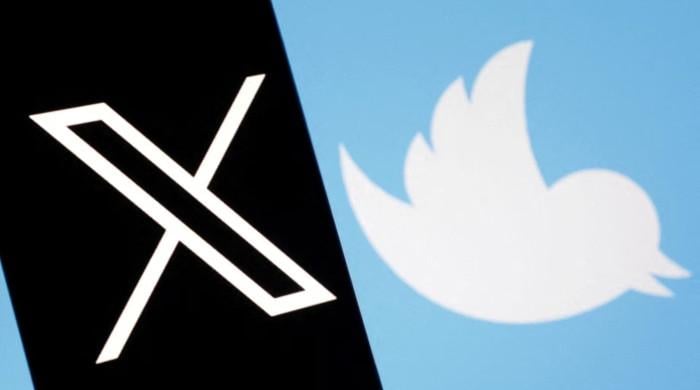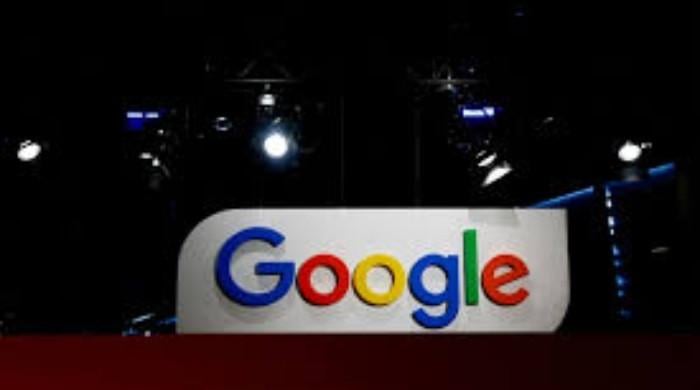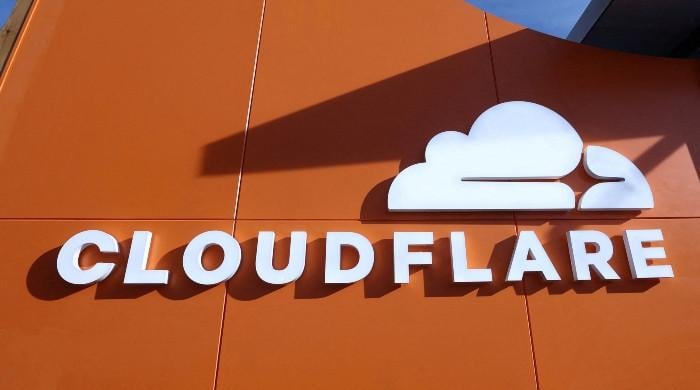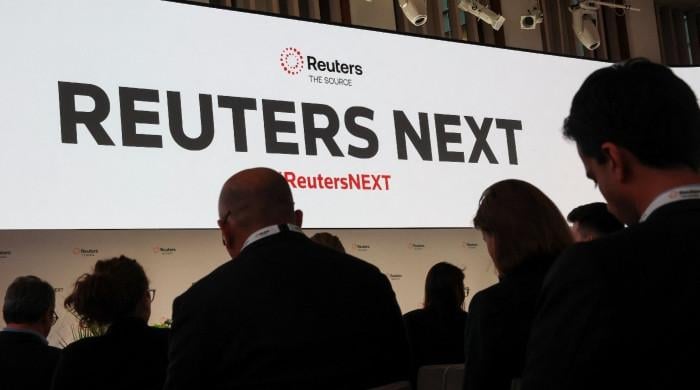Threads: Instagram's answer to Twitter, explained
Threads still has room for improvement, lacking key features and facing regulatory obstacles in Europe
July 07, 2023
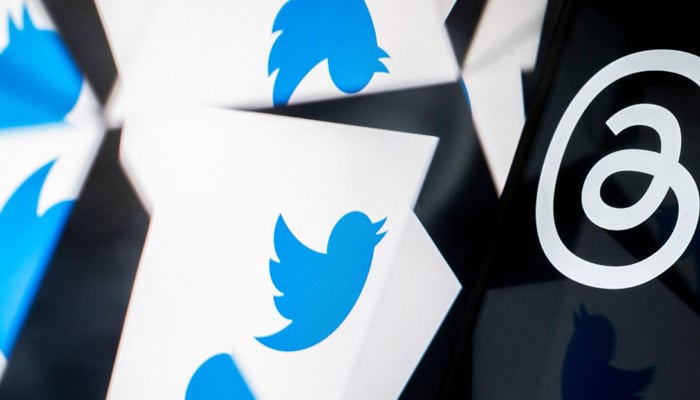
Meta, the parent company of Facebook, has released Threads, an app designed to rival Twitter's dominance in the social media sphere.
Boasting tens of millions of downloads already, Threads aims to provide a text-based companion to Instagram, the popular image-sharing platform also owned by Meta.
While it has gained significant attention, the ultimate success of Threads remains uncertain.
What is Threads?
Threads serves as an extension of Instagram, allowing users to engage in text-based conversations. To use Threads, individuals must have an active Instagram account. Mark Zuckerberg, the CEO of Meta, envisions Threads reaching one billion users, approximately half of Instagram's current user base.
The app is easily downloadable from Instagram, ensuring a seamless transition for users. Upon signing in, individuals retain their Instagram handle and followers.
Is Threads similar to Twitter?
Threads bears similarities to Twitter, utilising a comparable user interface. Each post on Threads allows for up to 500 characters, with the option to include a picture or five minutes of video. Users can also engage in replies, akin to Twitter's foundational features.
However, Threads currently lacks search functionality, hashtags, and a dedicated following-only feed. Instead, the content users see is determined by an algorithm, rather than their chosen connections.
Adam Mosseri, the head of Instagram, acknowledged the need for additional features and said: "My teams are working tirelessly to introduce more functionalities as quickly as possible."
Threads and Europe:
The launch of Threads coincides with the implementation of significant legislation in the European Union, such as the Digital Markets Act (DMA).
The DMA regulates tech industry giants like Meta, specifically prohibiting the aggregation of personal data across multiple products, as would be the case with Threads and Instagram.
Mosseri cited the complexities of navigating European regulations and emphasised that finding a viable solution would require considerable time.
Data privacy concerns:
Meta's track record regarding data privacy has been marred with controversy. In an effort to regain public trust, the company is treading cautiously while striving to maximise its profits.
Threads' terms of service align with Meta's targeted advertising model, requesting users to permit extensive tracking of their internet usage.
However, this stance is likely to face scrutiny from European regulators who prioritise stringent data protection.
Inclusion and exclusion on Threads:
Upon its launch, Threads attracted several celebrities, journalists, and companies who were offered early VIP access. Notable figures such as Shakira, Jennifer Lopez, and Stephen Curry have already joined and are actively engaged with the platform.
Moreover, prominent companies like Netflix, Spotify, Amazon, and Coca-Cola have also established official Threads accounts. However, some of Instagram's biggest account holders, including Lionel Messi, Dwayne Johnson, Justin Bieber, and Beyoncé, have yet to embrace the sister platform.
Threads, Meta's attempt to challenge Twitter's dominance, has gained significant attention with its millions of downloads and seamless integration with Instagram.
However, the app still has room for improvement, lacking key features and facing regulatory obstacles in Europe.
The success of Threads in dethroning Twitter remains uncertain, but Meta continues to work on enhancing the platform's functionalities.
As the social media landscape evolves, only time will reveal whether Threads can carve out a significant presence in the digital world.




